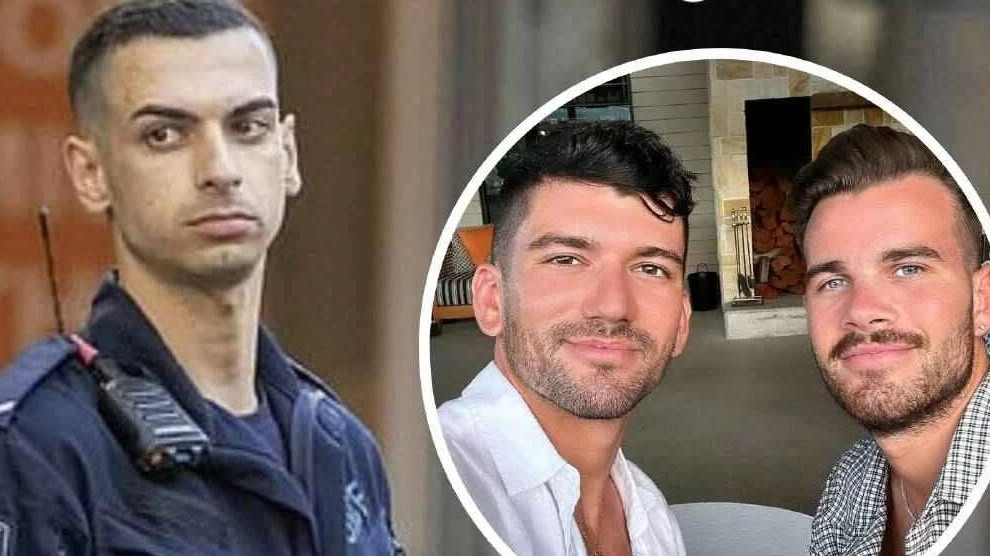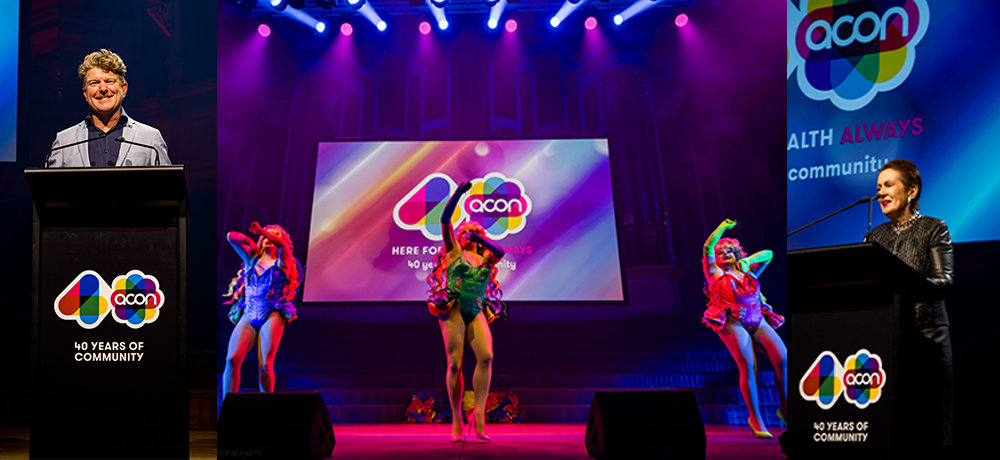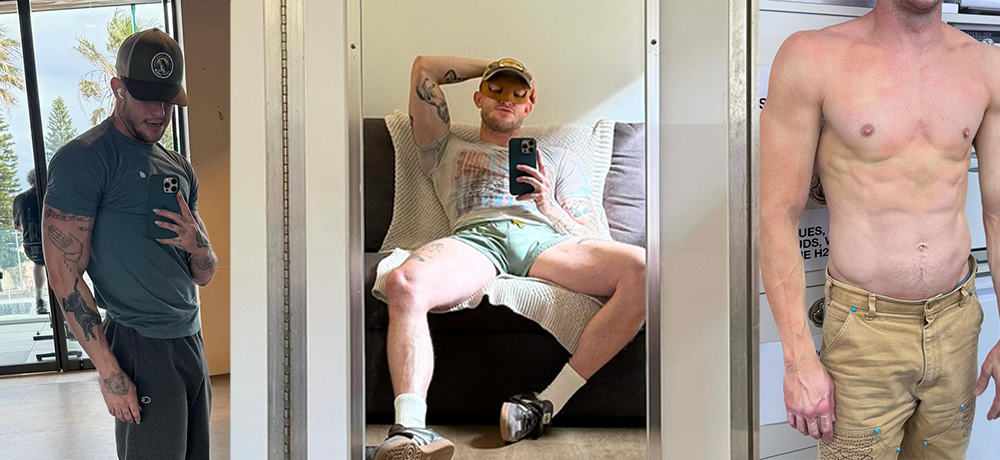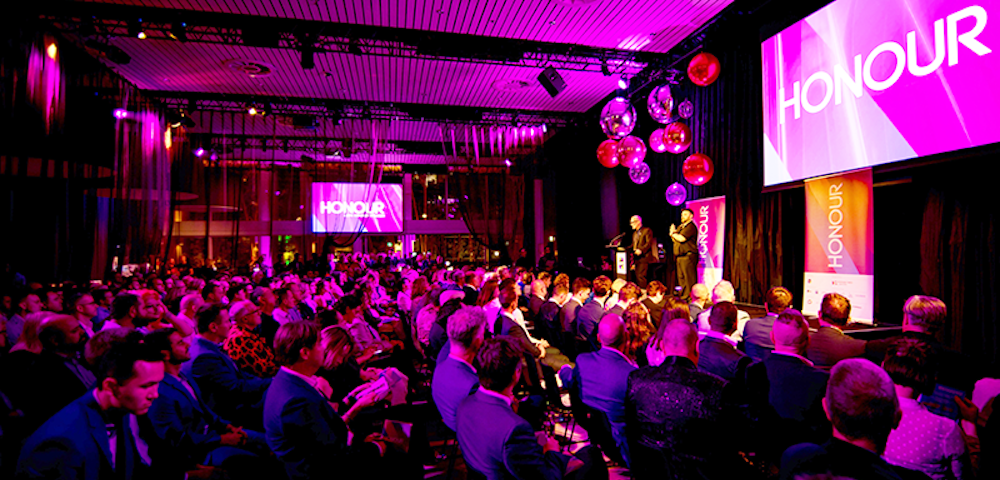
Master of puppets
Ronnie Burkett has been sure of his destiny since a fateful day more than 40 years ago.
Then a seven-year-old growing up in small-town Canada, Burkett was accustomed to finding new ways to entertain himself. One day he turned to the family library.
I opened an encyclopedia. I had randomly grabbed one and it was the P volume and it fell open to puppets, Burkett recalls.
That’s when it slapped me across the face. There was a two-page spread on puppetry. I looked at it and I thought, -˜That’s what I’ll do for the rest of my life.’
Even at that young age I thought it was a performing art but you also got to make things. It also appealed to me most because here was something pretty much a loner could do on their own.
As Burkett grew up and a strong anti-conventional streak emerged, his career choice only seemed more apt.
It only got better over time. When I did go to theatre school they said, -˜You’ll be typecast based on your skin tone and your height. This is who you’ll be,’ he says.
I thought, -˜That’s nonsense. I want to be the leading lady and the old lady and the witch and the hero and everything.’
Burkett pursued his dream ferociously. As a teenager he won a scholarship to study puppetry in Salt Lake City, but his anti-establishment views meant he didn’t last long at the Mormon school.
I was asked to leave [because] I told the dean of fine arts to -˜fuck himself’ and you don’t really do that at a religious school.
So it was off to New York and years touring schools with conventional puppet shows before fate called again.
What was my dream and always something that I thought would be impossible was to put puppets in the legitimate theatre and do shows for adults, Burkett says.
My timing was just good because in the 1980s the fringe theatre movement started in North America.
They were calling all oddball theatre practitioners who wanted to do something for the very first fringe festival and I thought -˜why not?’
That’s how I got my foot in the door of the Canadian theatre -“ perfect timing.
Burkett set up his acclaimed Theatre of Marionettes in 1986, going on to win a swag of awards for his innovative artistry.
He designs and makes all of his two-foot-tall marionettes at his studio in Toronto, then writes and performs the dialogue that brings them to life on stage.
What he calls his iconic vessels are much more than innocuous mannequins made for lighthearted entertainment.
I have had puppets who have been raped on stage. I have had puppets with AIDS, [puppets] who have played Jesus Christ, Burkett says.
His latest show, 10 Days On Earth , opening tonight at the Sydney Opera House as the part of the Mardi Gras festival, is equally profound.
The title is a reference to Burkett’s adoption. I was up for grabs, so to speak, between my birth mother and my eventual adoptive parents, for 10 days, Burkett says.
That’s essentially where the title came from. I thought, -˜isn’t that interesting, belonging to the planet and no one else for a week-and-a-half?’
In the show, Burkett explores that theme through protagonist Darrell, an intellectually disabled middle-aged man whose mother dies. Darrell does not grasp what has happened for 10 days.
My central idea is that we as a community and as a family teach one another to be alone, Burkett says.
In flashback in the show we see Darrell’s mother, as a younger woman, teaching him to be as independent as he can be, with the eventual knowledge that some day she will be gone.
As Darrell continues to go about his business, Burkett unveils a powerful commentary on the isolation of modern life.
Darrell has his usual people he meets on a day-to-day basis on his route, but he is actually quite invisible in the urban setting in which he travels.
I live in a large city [Toronto] and I have noticed more and more that there’s a disconnect between individuals, there’s not so much sense of community.
Burkett adds to 10 Days On Earth ‘s complexity with an enigmatic show-within-a-show. In it, Darrell retreats to childhood, remembering a book about this little gentleman terrier wearing a pink jacket, finding this polka dot egg which is abandoned because it’s unusual, it’s not normal.
The egg pops open and suddenly this little duckling will not leave his side.
Is this Burkett’s meditation on gay and lesbian parents and other so-called non-traditional families?
I think so. It is about family of choice, it is about a sense of home and how important home is regardless of what the family is, he says.
I’m not making a parallel between being gay and being intellectually disabled at all, but I think I had an easier access to someone who is not considered normal as a character.
Because certainly growing up [gay] in western Canada as I did, you never feel like you fit. I think all of my work has an overriding gay sensibility to it.
10 Days On Earth is on at the Playhouse, Sydney Opera House, until 3 March. Book on 9250 7777.









